Health Promoting Work
Society is continuously challenged in its strive for sustainable health for all, regardless of age, gender and origins. Our research takes up this challenge by developing and spreading knowledge of how physical and mental health can be promoted for the individual, and how organisations and companies can be structured so that the work provides good health at the same time that the operations are financially sustainable.
David Hallman and Amir Rostami, research leaders for the area talks about Health-Promoting Work and the research programmes within the area.
Our complex society affects health in a way that requires that we address this in a broader way than before. We strive for health and well-being for all people as we are all dependent on one another. We develop knowledge about how physical and mental health can be promoted for the private individual, the organisation and society in general and we focus on research that addresses concrete problems and provides direct benefit to society.
It is only through collaboration that we can face and solve these complex problems and, for our research, it is entirely natural and necessary to collaborate with sectors outside the University because it is the businesses that know their problems the best.
David Hallman, Research leader
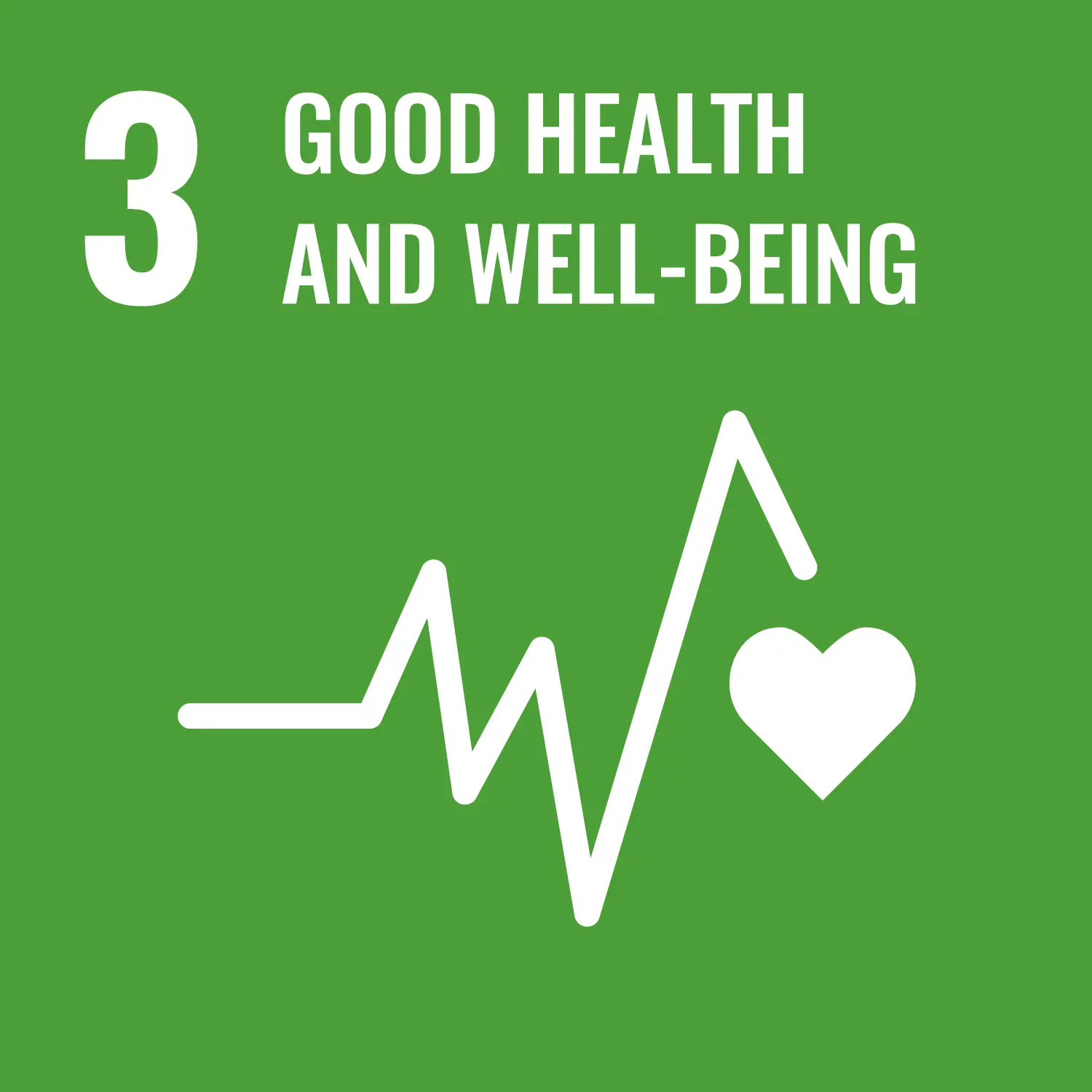
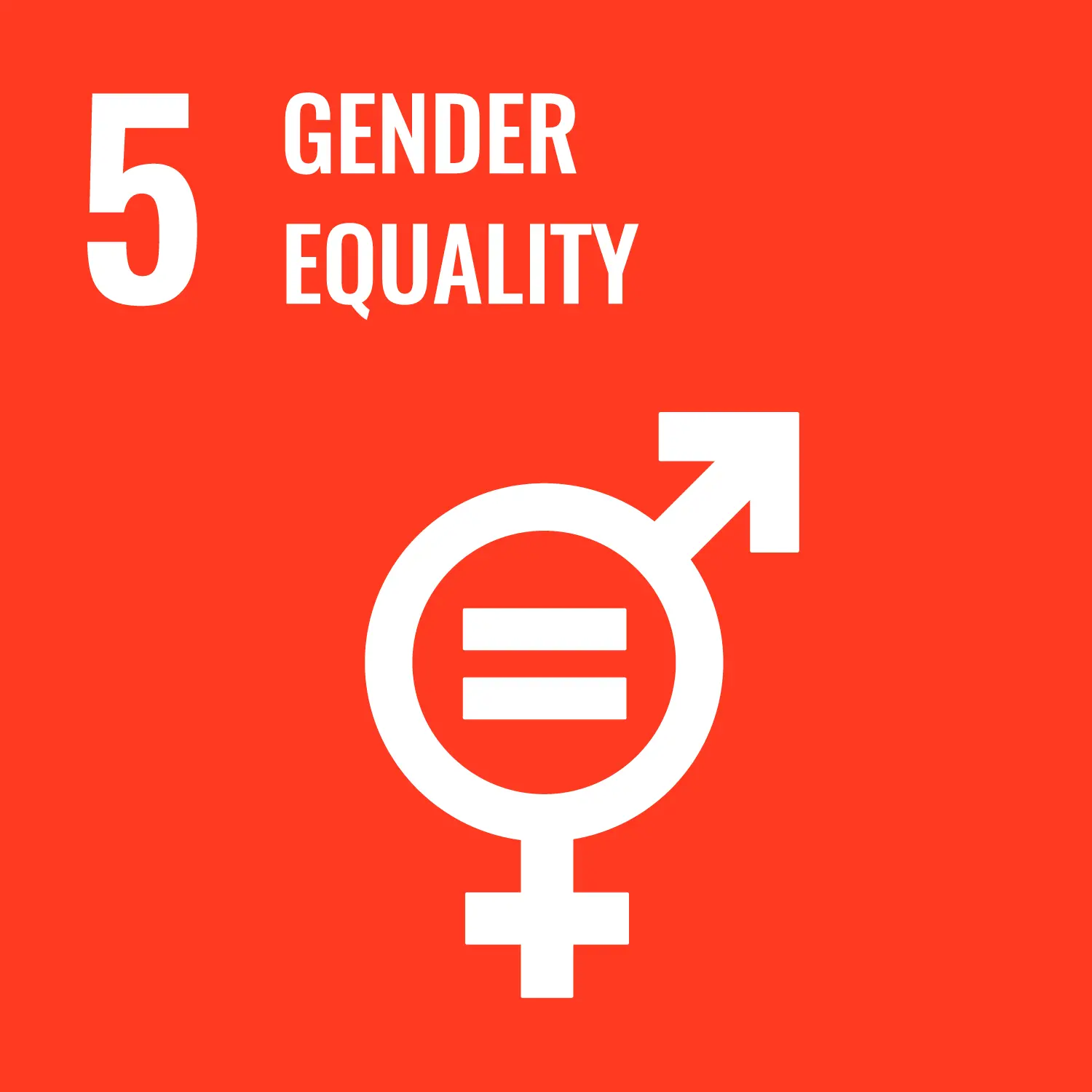
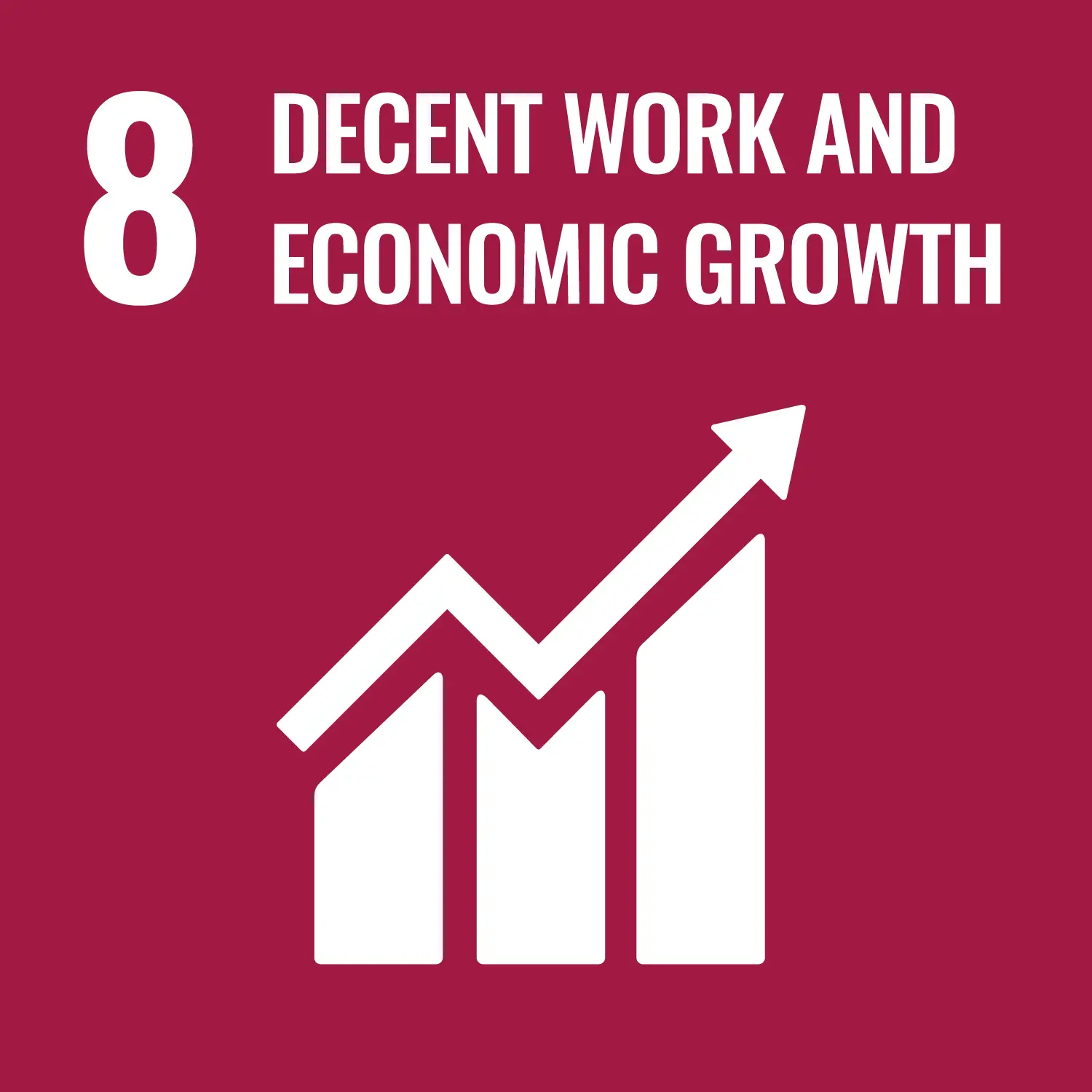

The strategic research area Health-Promoting Work addresses social challenges linked to goals 3, 5, 8 and 10 in Agenda 2030.
Our research shall make a difference
The basis of our research is that it will be implemented and used, and we therefore work across disciplines and in close cooperation with the rest of society. We want to promote health and well-being and make our society more gender equal and inclusive. We need to create decent working conditions, but also reduce the inequality that exists in society to create conditions for good health for all.
Health promotion work is an important part of creating long-term sustainability for all. It is directed at working life, but it is broader than that and concerns everything from the living situation of our elderly to people who are excluded.
We focus on research that addresses concrete problems and provides direct benefit to society. We develop knowledge of health promotion measures for the private individual, the organisation and society in general. It is our collaboration with organisations and society that means that the research will be put to direct use.
Research leaders
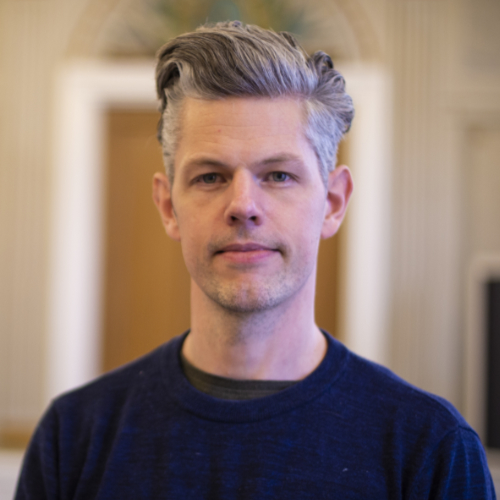
Contact David Hallman if you have any questions about the research project or read more about his research and see his publications in the researcher presentation.
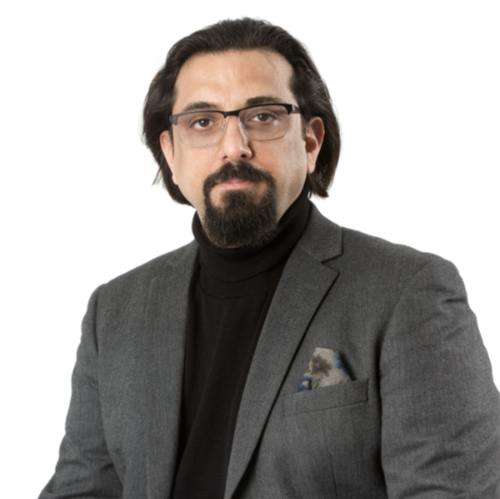
Contact Amir Rostami if you have any questions about the research project or read more about his research and see his publications in the researcher presentation.
Research Programmes
Within the strategic research area, we work to shape three interdisciplinary research programmes. They are Flexible work, Good ageing, Inclusive working life:
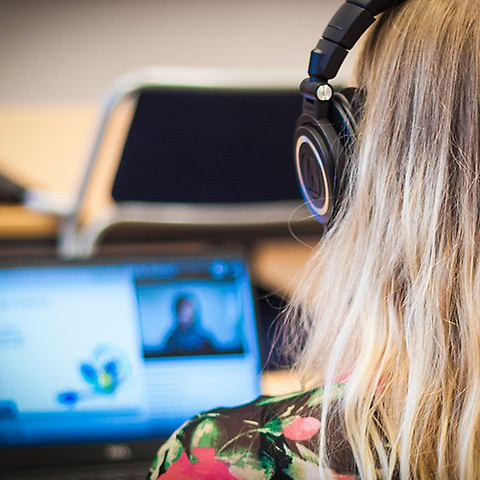
Flexible Work
The digitalisation and a flexible working life entail many opportunities, but also challenges.

Inclusive working life
Can we structure workplaces where the individual, regardless of limitations in the ability to work, can work based...

Digital Shapeshifting
The aim of the program is to attempt to understand the various ways in which digitalisation can be...
Research
A number of research projects are under way that in various ways concern health promotion work and the challenges we are facing. For example, this involves:
- Inclusive working life, gender and other equality
- Health and participation among children and young people
- Good ageing
- Living with long-term ill-health
- Exposure to violence
- Sustainable organisation and management
- Healthcare staff’s working environment, learning and leadership
- Mental illness and stress symptoms in working life
- Work and recovery for improved health and performance
- Effective tools for assessing working environment and health
- Good occupational health in a digitalised working life
This page was last updated 2024-04-18
